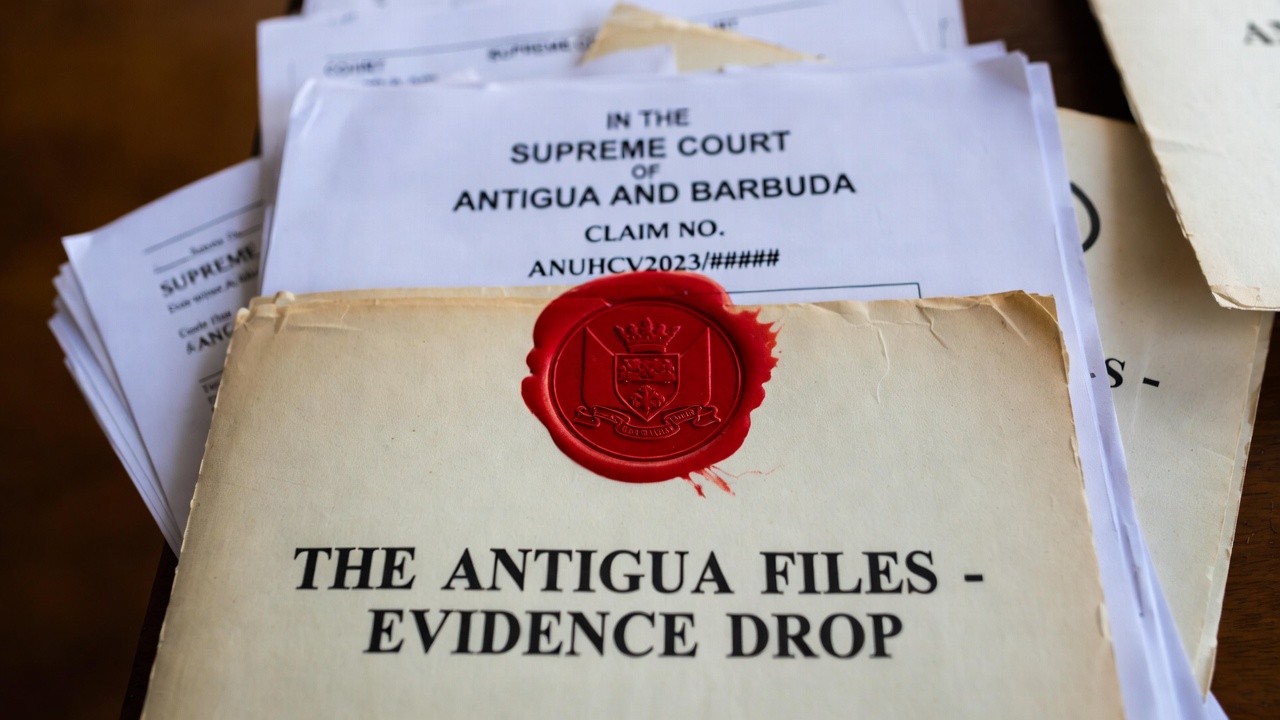In a groundbreaking legal case, seven families in France are suing TikTok, arguing that the platform's content has been a contributing factor in the deaths of their children. The lawsuit, described as the first of its kind in Europe, alleges that TikTok's algorithm has led to the promotion of dangerous themes such as self-harm, eating disorders, and suicide. French lawyer Laure Boutron-Marmion, representing the families, noted the urgent need for accountability from social media companies, particularly regarding their younger users.
According to family testimonies, the tragic fate of Marie, a 15-year-old girl who took her life in 2021, was influenced by unrestricted access to harmful content on TikTok. Another girl involved in the lawsuit also lost her life to suicide, while several others have struggled with their mental health, with some developing eating disorders.
TikTok has responded to the allegations by stating that it has not received any prior notice concerning these legal claims and reiterated that its community guidelines prohibit content that promotes self-harm or suicide. The company insists that it employs advanced technology and human moderation to enforce these safety measures.
The lawsuit is filed in the Créteil judicial court and stands apart from a previous criminal complaint made by Marie’s family, indicating a growing recognition in France of the potential dangers associated with social media use among youth. Boutron-Marmion emphasized that the lawsuit seeks to establish TikTok's legal liability for the content accessed by minors, arguing that commercial entities must take responsibility for their services, especially when minors are involved.
Concerns surrounding TikTok are not limited to France. In the United States, over a dozen states have filed similar lawsuits against the platform, citing its connection to the rising mental health crisis among teenagers. The European Union has also launched an investigation examining whether TikTok has violated laws aimed at safeguarding minors.
This case has gained further importance in the context of rising public awareness about social media’s influence on mental health, particularly following incidents such as that of Molly Russell, a British teenager whose death in 2017 highlighted the need for stricter accountability for online content. Boutron-Marmion noted that parents are becoming increasingly aware of the risks associated with social media engagement, signaling a possible shift in public sentiment around these issues.
While the families hope to bring to light the perils of unchecked social media algorithms, this case signifies a broader movement towards greater scrutiny and regulation of technology companies concerning their content and its impact on vulnerable populations.
According to family testimonies, the tragic fate of Marie, a 15-year-old girl who took her life in 2021, was influenced by unrestricted access to harmful content on TikTok. Another girl involved in the lawsuit also lost her life to suicide, while several others have struggled with their mental health, with some developing eating disorders.
TikTok has responded to the allegations by stating that it has not received any prior notice concerning these legal claims and reiterated that its community guidelines prohibit content that promotes self-harm or suicide. The company insists that it employs advanced technology and human moderation to enforce these safety measures.
The lawsuit is filed in the Créteil judicial court and stands apart from a previous criminal complaint made by Marie’s family, indicating a growing recognition in France of the potential dangers associated with social media use among youth. Boutron-Marmion emphasized that the lawsuit seeks to establish TikTok's legal liability for the content accessed by minors, arguing that commercial entities must take responsibility for their services, especially when minors are involved.
Concerns surrounding TikTok are not limited to France. In the United States, over a dozen states have filed similar lawsuits against the platform, citing its connection to the rising mental health crisis among teenagers. The European Union has also launched an investigation examining whether TikTok has violated laws aimed at safeguarding minors.
This case has gained further importance in the context of rising public awareness about social media’s influence on mental health, particularly following incidents such as that of Molly Russell, a British teenager whose death in 2017 highlighted the need for stricter accountability for online content. Boutron-Marmion noted that parents are becoming increasingly aware of the risks associated with social media engagement, signaling a possible shift in public sentiment around these issues.
While the families hope to bring to light the perils of unchecked social media algorithms, this case signifies a broader movement towards greater scrutiny and regulation of technology companies concerning their content and its impact on vulnerable populations.



















